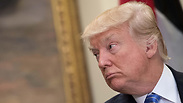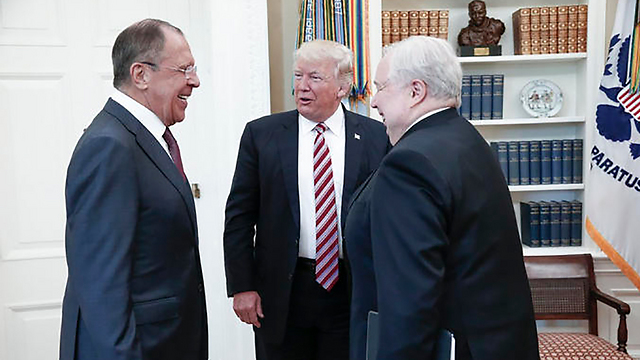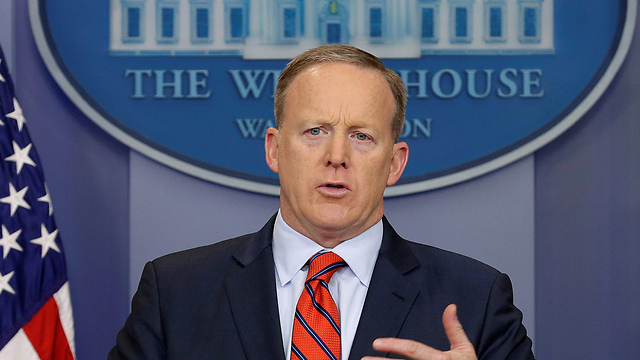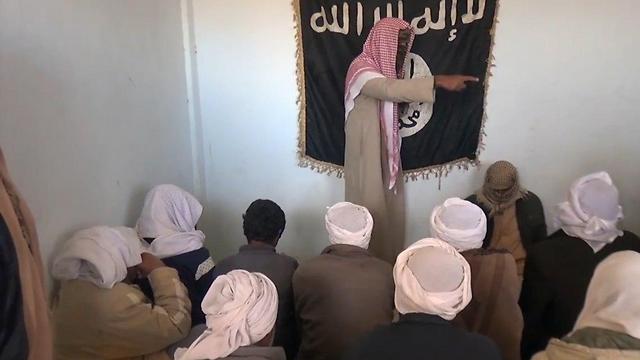
The spy in question had apparently been providing information about ISIS plans to bomb airliners on their way to the United States by planting explosive devices in computers that could make it past security checkpoints.
Due to the reliability of the information, the United States banned laptops, iPads and other electronic devices from being brought onboard aircraft from several countries.
It was reported Tuesday that the sensitive information concerning airline security protocols came from "an ally in the Middle East," who warned the Americans that the flow of sensitive information would stop if it was passed on or if the source of the information was exposed.
However, on the same day, the New York Times and other major media outlets reported that the source of the sensitive information was Israel. "I cannot specifically comment on that," said White House Press Secretary Sean Spicer when asked about whether or not the source of the information was Israel.
CNN reported that American intelligence officials claimed that the publication of details would "endanger life" and the Wall Street Journal noted that the same intelligence was not passed on to the closest allies of the United States, which comprise the "Five Eyes," including the UK, Canada, Australia and New Zealand.
The officials, who are directly aware of the Israeli source, say it is unclear whether Trump provided the Russians enough details in order place the source in jeapordy. However, they emphasized that the sharing of classified information with an adversary of the United States is likely to make it nearly impossible to trust the United States with secrets of other countries.
CNN also reported that the sharing of the information with Russia is especially sensitive given the level of cooperation the Russians have with the Syrian regime and Iran.
US officials told networks that publishing information, including the city where intelligence was gathered, could help enemies ascertain the source of the information and the ways in which it was collected.
According to CNN, for several days, US intelligence officials made numerous telephone calls to news outlets to prevent the publication of specific details about the same intelligence information. They claimed that the publication would endanger life and destroy information gathering technologies used against terrorist organizations.
US Secretary of Defense James Mattis said Saturday night that he is "not worried" about the Trump administration's handling of classified information.
Mattis added that the leak did not even come up in talks he held yesterday with several US allies. Mattis further added that he "knows a little more than what was reported in the newspaper" about Trump's statement to Russian officials.
At a press conference held yesterday by Trump in the White House with Turkish President Recep Tayyip Erdogan, Trump briefly addressed the disclosure of classified information. He said that the meeting with the Russians "was very successful and would contribute to the war on terrorism."



















